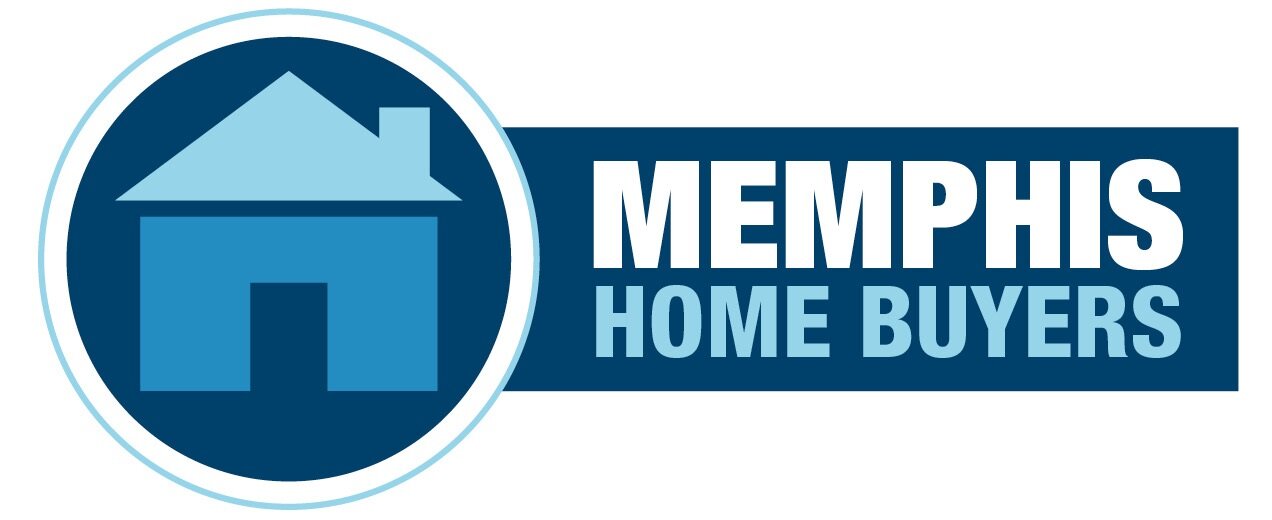
Introduction
Foreclosure is a legal process that occurs when a homeowner fails to make mortgage payments, leading to the lender taking possession of the property and selling it to recover the outstanding debt. In Tennessee, as in most states, this process is governed by specific laws and regulations designed to protect both borrowers and lenders. One critical document in the foreclosure process is the “Notice of Default.” This article will explore what a Foreclosure Notice of Default is, its significance in the foreclosure process, and how it impacts homeowners in Tennessee.
Understanding Foreclosure in Tennessee
Foreclosure is a legal remedy that lenders use when borrowers default on their mortgage payments. It involves a series of steps, beginning with the lender sending a Notice of Default to the homeowner and culminating in the sale of the property at auction. While foreclosure can be a distressing experience for homeowners, it’s essential to understand the process to navigate it effectively.
The Notice of Default
The Notice of Default is a pivotal document in the complex foreclosure process, serving as the initial formal notification sent by a lender to a homeowner in Tennessee who has fallen behind on mortgage payments. This legal notice is more than just a piece of paper; it represents the beginning of a series of events that can profoundly impact a homeowner’s life and financial well-being. Within the Notice of Default, critical information is conveyed, including the identification of parties involved, the total amount of arrears, and a specified cure period during which the homeowner has the opportunity to rectify the default. Importantly, it explicitly states the lender’s intention to proceed with foreclosure if the outstanding debt is not resolved within the provided timeframe. Moreover, the notice emphasizes the legal consequences of foreclosure, which can entail the loss of the property and a negative impact on the homeowner’s creditworthiness. Thus, the Notice of Default serves as both a formal warning and a window of opportunity for homeowners to explore alternatives, seek financial advice, or negotiate with their lender to avoid the potentially dire consequences that foreclosure may bring. Understanding the implications of this notice is crucial for homeowners in Tennessee facing financial challenges and seeking to protect their rights and interests in the face of impending foreclosure.
Key Elements of a Notice of Default:
- Identification of the Parties: The notice typically identifies the homeowner (borrower) and the lender. It will also specify the mortgage loan account number and the property address in question.
- Amount Owed: The notice will outline the total amount of outstanding debt, including the unpaid mortgage payments, interest, late fees, and any other relevant charges.
- Cure Period: Tennessee law requires that the Notice of Default provides a “cure period.” This is the time during which the homeowner can pay the delinquent amount to bring the loan current and avoid foreclosure. The cure period is typically around 30 days in Tennessee.
- Intent to Foreclose: The notice will explicitly state the lender’s intention to initiate foreclosure proceedings if the default is not cured within the specified period.
- Legal Consequences: The Notice of Default will inform the homeowner about the legal implications of foreclosure, including the potential loss of their property and damage to their credit score.
Tennessee Foreclosure Laws and Procedures
In Tennessee, the foreclosure process follows specific legal procedures and timelines. Here’s an overview of the key steps involved:
- Notice of Default: As previously mentioned, the process begins with the lender sending a Notice of Default to the homeowner, providing them with the cure period to bring the loan current.
- Notice of Sale: If the default is not cured during the cure period, the lender will send a “Notice of Sale” to the homeowner. This notice sets a date for the foreclosure auction, where the property will be sold to the highest bidder.
- Foreclosure Auction: The property is auctioned off at a public foreclosure sale, typically held at the county courthouse. The highest bidder becomes the new owner of the property.
- Redemption Period: Tennessee law allows homeowners a “redemption period” after the foreclosure sale. During this time, they have the opportunity to buy back the property by paying the winning bid amount, plus interest and other associated costs.
- Eviction: If the homeowner does not redeem the property during the redemption period, they may face eviction by the new owner.
Conclusion
When it comes to navigating the challenging world of foreclosure and distressed property situations in Tennessee, one name stands out – Mojo House Buyers. Our team is dedicated to helping homeowners facing foreclosure find viable solutions, whether it’s through a fair cash offer, a quick sale, or expert guidance on managing the foreclosure process. At Mojo House Buyers, we believe in providing homeowners with the support and options they need to move forward and regain control of their financial future. Choose Mojo House Buyers for a hassle-free and compassionate approach to handling foreclosure and distressed property situations.
